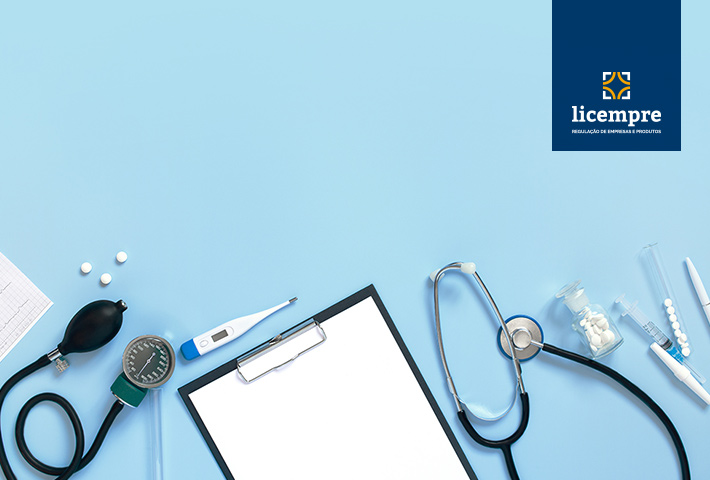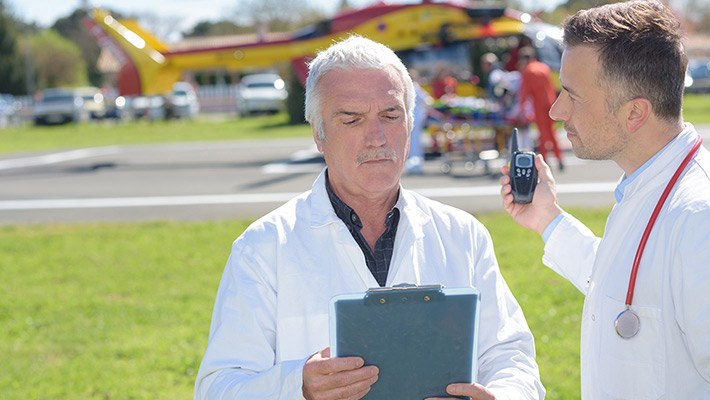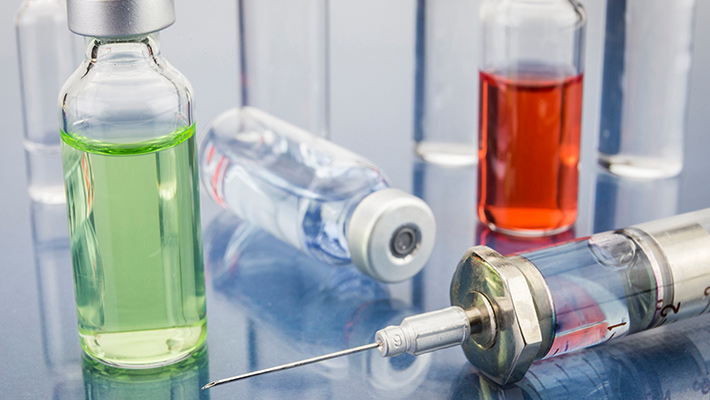
When it comes to importing health products, anyone who doesn’t know the subject can make mistakes in the petitioning process, delaying the entire procedure.
The National Health Surveillance Agency (Anvisa) is responsible for issuing the import license. It is worth remembering that each commodity has its specificity or meets a pre-established level of requirements, which is why it is important to have an expert adviser on regulatory processes. The inspection processes of the Health Surveillance must be strictly followed.
In this article we will talk about importing health products, so you can better understand some processes required by Anvisa.
What are health products?
Are considered health products all devices such as health materials and diagnostic products for in vitro use, those used in medical, dental, physiotherapy or aesthetic procedures.
Learn how to register health products.
Health products:
Between the health equipment that are part of the set as mentioned above, there are: magnetic resonance equipment, tomograph, electrocardiograph, ultrasound equipment, X-ray machine, electro-stimulator, tanning bed, cardiac pacemaker and exercise bike.
In the category of materials for use in health, we shall mention: joint prosthesis, syringe, hypodermic needle, vascular catheter, gauze, dental and orthopedic implant, heart valve, surgical instruments, etc.
Finally, within this set we have the diagnostic kits for in vitro use, such as: reagent for the diagnosis of infectious diseases, biochemical measurements, hormonal measurements and testing.
Import purposes

According to RDC No. 81/2008, Chapter XL and the Electronic Import Petition Booklet establish the import purposes foreseen for ANVISA’s consent. In this way, each product has its code according to its purpose, facilitating its identification in the import process. As purposes, there are:
- Commercial;
- Industrial;
- Return of merchandise;
- Clinical laboratory diagnosis;
- Hospital or health care facility.
The Special Customs Deposit is not considered an import purpose provided for the form. Its identification is done through the description of specific petition codes, which are also analyzed within the scope of PAFPS.
Regularization of companies for import
In order to import health products, it is necessary to be regularized with ANVISA. RDC No. 16/2014 and RDC No. 61/2004 are the rules for granting operating authorizations to companies that aim to import such products.
AFE of RDC No. 16/2014
With the authorization granted by RDC nº 16/2014, importers of health products can import:
- Regularized products, when the company is the holder;
- Regularized products, when it belongs to a third party company that is also regularized.
There are some companies that are exempt from RDC AFE nº 16/2014 to import health products. Are they:
- Retail companies of health products for lay use;
- Companies that work only with raw materials, components and input intended for the manufacture of health products;
- Companies that only offer installation, maintenance and technical assistance for health equipment.
AFE of RDC n ° 61/2004
- Companies granted by RDC nº 61/2004 that import products from different companies, will be authorized to import if the company is within the order and account order of third parties, as established by IN SRF nº 225/02, IN SRF nº 247/02 and IN SRF No. 634/06;
- The AFE granted to the parent company is valid in the entire national territory. Branches must be registered with the AFE of their headquarters to exercise the activity and product category targeted for import;
- Only companies with AFE granted by RDC No. 61/2004 will be able to carry out imports on behalf or on third parties orders. If the company is willing to operate in all import outsourcing modalities, it must have the RDC AFE n ° 61/2004 and the RDC AFE n ° 16/2014.
Health Licensing

According to Chapter IX of RDC No. 81/2008, health establishments and hospitals that import health products are exempted from operating authorization. However, health licensing must be submitted.
Health product carriers
Once the import customs clearance is completed, the goods are considered nationalized. Good transport practices should be checked, transporters must strictly follow Law 6360/1976, chapter “Dos Meios de Transport” (the ways of transport) and, “Portaria” (ordinance) 802/1998 (and its updates).
Under the law 6437/1977, if there is a legal breach during ANVISA’s on-site inspection, sanitary actions must be taken, including banning the cargo and other necessary precautionary and punitive actions.
Products that can be imported

Inputs, raw materials, semi-finished and finished products can be imported, following the following requirements:
- Inputs, raw materials and semi-finished products for medical use, the process must be carried out according to procedure 4 of RDC nº 81/2008;
- Inputs, raw materials and semi-finished products for in vitro diagnosis, procedure 5.5 of RDC nº 81/2008 must be exercised;
- Finished products must follow procedures 4 and 5.5 of RDC nº 21/2008.
The entire process of regularization and importation of health products requires in-depth technical knowledge, otherwise legal problems may arise, causing red tapes.
The help of a specialist adviser on the subject is always very welcome. In our blog we have brought for you the reasons for hiring a company specialized in regulatory matters.
Licempre is a company specialized in regulatory matters, taking care of its processes quickly and transparently.


